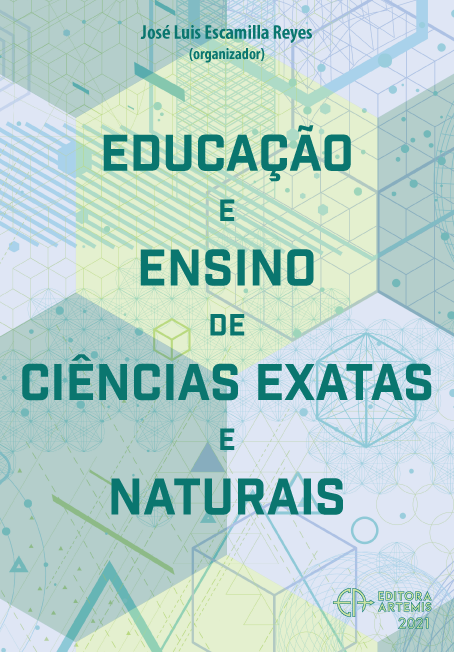
ACTIVIDADES DE EVALUACIÓN FORMATIVA: UNA FORMA DE PROMOVER EL APRENDIZAJE AUTÓNOMO EN ESTUDIANTES DE INGENIERÍA
La evaluación debería ser una parte integral de los procesos de enseñanza y aprendizaje de las matemáticas y proporcionar al profesor información que le sea útil en su práctica docente. Muchas veces se asigna mayor importancia a la función sumativa de la evaluación que a la formativa y se utilizan estrategias de evaluación que se limitan al diseño y aplicación de pruebas escritas como principal método de evaluación de aprendizajes. La evaluación formativa promueve en los estudiantes el hábito de monitoreo de su aprendizaje sin la presión de resultados definitivos e incentiva en ellos la idea de evaluación como oportunidad para revisar la calidad de conocimientos adquiridos y medio para determinar falencias con miras a superar obstáculos, realizando su propio seguimiento con acompañamiento docente, sintiendo confianza y no presión.
Para promover el aprendizaje autónomo se diseñaron e implementaron actividades de evaluación formativa en Cálculo Diferencial estructuradas en tres momentos caracterizados por: una evaluación inicial, seguido de la evaluación estrictamente formativa en la cual los estudiantes se esforzaron para alcanzar sus metas, con el acompañamiento del docente quien proporcionó la ayuda pedagógica más adecuada a las necesidades presentadas; y por último, una evaluación sumativa.La intervención a través de la evaluación formativa, permitió a los estudiantes adquirir lenguaje matemático que al comienzo no poseían y que obstaculizaba en gran parte la comprensión y análisis de enunciados, a su vez, favoreció el desarrollo de habilidades cognitivas relacionadas principalmente, con razonamiento y metacognición. De esta manera, se concluye que fue posible proporcionar a los estudiantes herramientas importantes para regular su esfuerzo mediante planes de trabajo a desarrollar durante el proceso, y al docente, este estudio le aportó el diseño de evaluaciones que exigen la aplicación y transferencia de lo aprendido, y no sólo el recuerdo de contenidos o aplicación memorística de reglas.
ACTIVIDADES DE EVALUACIÓN FORMATIVA: UNA FORMA DE PROMOVER EL APRENDIZAJE AUTÓNOMO EN ESTUDIANTES DE INGENIERÍA
-
DOI: 10.37572/EdArt_1712214911
-
Palavras-chave: Evaluación formativa, aprendizaje autónomo, Cálculo Diferencial.
-
Keywords: Formative evaluation, autonomous learning, Diferential Calculus.
-
Abstract:
Assessment should be an integral part of the mathematics teaching and learning processes and provide the teacher with information that is useful to him in his teaching practice. Many times the summative function of evaluation is given greater importance than the formative one, and evaluation strategies are used that are limited to the design and application of written tests as the main method of evaluating learning. Formative evaluation promotes in students the habit of monitoring their learning without the pressure of definitive results and encourages in them the idea of evaluation as an opportunity to review the quality of knowledge acquired and a means to determine shortcomings with a view to overcoming obstacles, making their own monitoring with teacher support, feeling confidence and not pressure.
To promote autonomous learning, formative evaluation activities in Differential Calculus were designed and implemented, structured in three moments characterized by: an initial evaluation, followed by a strictly formative evaluation in which the students made an effort to achieve their goals, with the teacher's accompaniment. who provided the most appropriate pedagogical help to the needs presented; and finally, a summative evaluation. cognitive skills related mainly to reasoning and metacognition. In this way, it is concluded that it was possible to provide students with important tools to regulate their effort work plans to develop during the process, and to the teacher this study provided the design of evaluations that require the application and transfer of what was learned, and not only the memory of content or memory application of rules.
-
Número de páginas: 15
- Olga Lucia Duarte Bolivar
- Graciela Morantes Moncada
- Luz Angela Flórez Olarte

